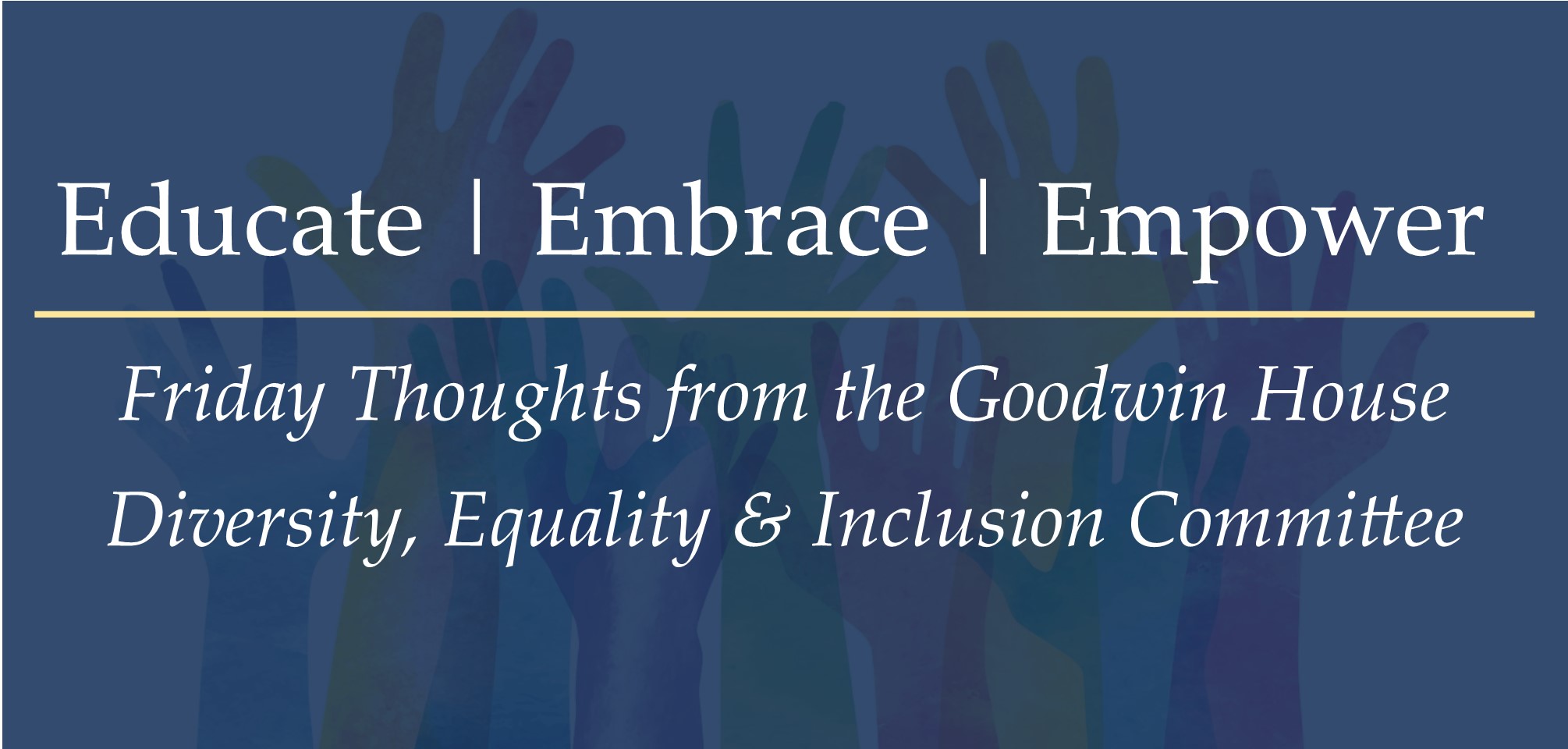
Diversity Equity Inclusion & Belonging - April 2, 2021
by G. Theresa Thomas & Monica Santos
Christians celebrate Easter because they believe that Jesus Christ was resurrected three days after his crucifixion on what is now known as Good Friday. According to Christian belief, Jesus died as a sacrifice to atone for the sins of all humankind. His resurrection symbolized his triumph over sin and death. To Christians, the Easter message is one of forgiveness and rebirth – every day, we can start anew with God.
For Christians, Easter is a time of internal reflection and outward celebration. We reflect on the boundless love of a God who allowed his son to sacrifice his life for us, and we celebrate the hope of eternal life. Leading up to Easter, Christians recognize the season of Lent, which asks the faithful to observe 40 days (46 for Orthodox Christians) of sacrifice and reflection that honors the time Jesus spent in the desert without food and water as a sign of submitting his will to that of God.
Around the same time as Easter, the Jewish celebration of Passover is observed. For seven days, Jews celebrate Passover as a commemoration of the liberation of the ancient Hebrews from slavery in Egypt and their freedom as a nation under the leadership of Moses. The first night of Passover is celebrated with a Seder meal. Seder is performed by a community or by multiple generations of a family. It often incorporates family traditions and rituals as well as retelling of the story of the Exodus of the Israelites from ancient Egypt.
In early May this year, Orthodox Easter will be celebrated. This is the most significant religious holiday for Orthodox Christians. The date is often different from when Protestant and Catholic Christians observe Easter because Orthodox Christians follow the Julian Calendar – created by Julius Caesar in 46 B.C. – rather than the Gregorian Calendar introduced by Pope Gregory XIII in 1582. The calendar that we use every day in the U.S. and across much of the world is the Gregorian calendar.
Whether Easter, Passover or Orthodox Easter, all the celebrations provide the opportunity for personal and community reflection, ending with a renewed commitment to faith, hope and love. We might also note that these Jewish and Christian holidays coincide with the spring equinox, which is a time of year marked by many other festivals and religions around the world.
Growing up in Ghana – a country in West Africa that was formerly called “Gold Coast” – in the 1970s, Easter was a very big occasion for my family and for my tribe. My tribe, the Kwahu people, are from the mountainous eastern region of Ghana.
My mother, all nine of my siblings and I would travel to our family’s hometown, Abetifi Kwahu. There, we would meet my mother’s three sisters, who each also had big families. My grandpa and grandma lived in Abetifi, too. All Kwahu people would go back to their hometowns yearly to see their whole families for Easter.
As a child, I did not understand the meaning of this holy celebration. I only thought of it as a chance to get two new dresses – one for church on Good Friday and a white dress for church on Easter Sunday – to go to the parade after church and to visit and receive gifts from extended family at our family reunion.
As I grew up and went to more Easter celebrations each year, the holiday began to mean much more to me. Now that I have grown in my faith, I know that the Risen Christ is the main foundation of the Christian faith and of the holiday. He is what we were truly celebrating by getting dressed up, giving gifts and having a great time with our friends and our family.
Growing in our faith, having fun with our loved ones and putting on the biggest Easter festivities you’ve ever seen are all the reasons why the Kwahu tribe loves to celebrate Easter like nobody’s business – no one else goes all-out for Easter quite like us!
______________________
About the Diversity, Equality and Inclusion (DEI) Committee: We are a group of staff and residents who together serve a mission to educate, embrace and empower a workplace of diversity, equality and inclusion. Our vision is to seek open and honest communication and collaboration that will inform and celebrate the cultural, ethnic and sexual orientation of all members of our staff without bias.
